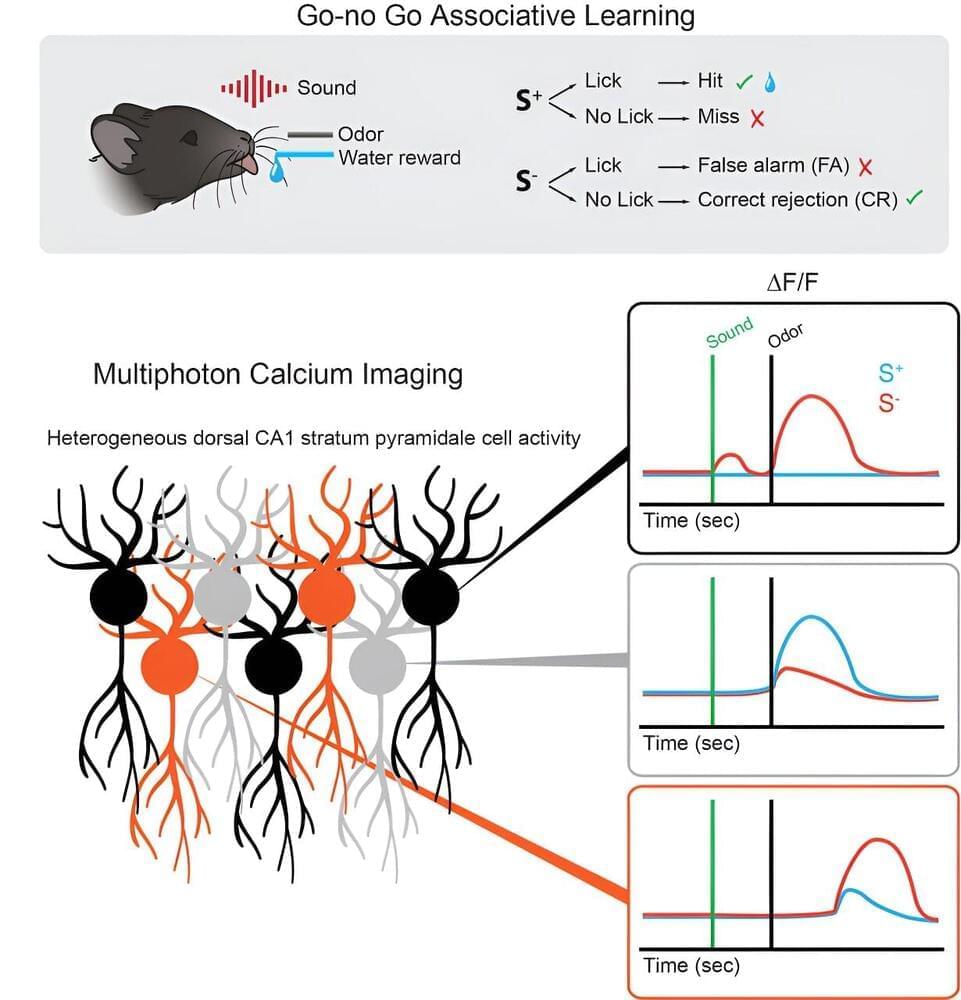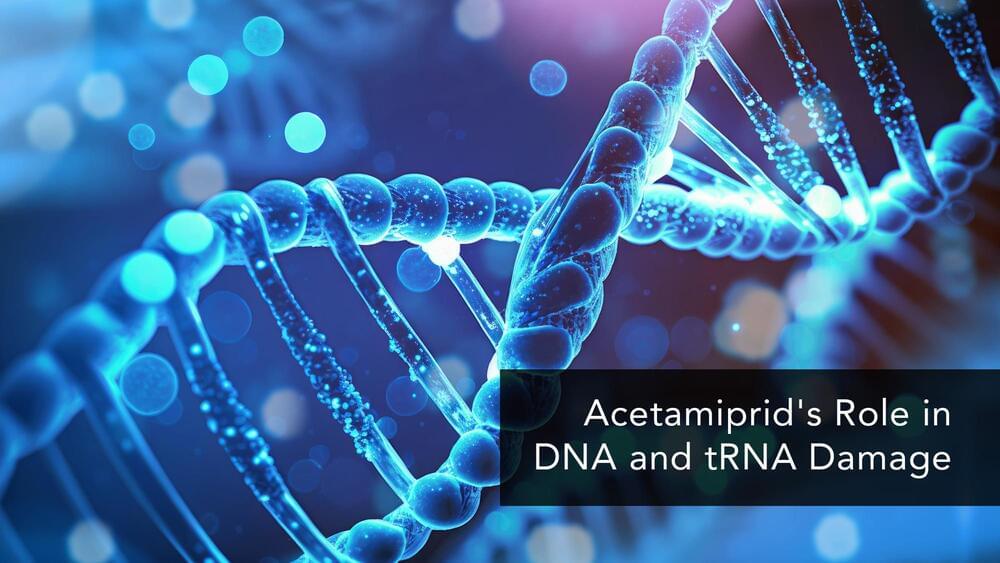The gut microbiota influences sports performance and resilience after physical exercise. Also, practicing moderate exercise on a regular basis results in a healthier bacterial composition and, therefore, better physical and mental health.




Could cannabis use lead to anxiety disorders? This is what a recent study published in EClinicalMedicine hopes to address as a team of researchers led by the Ottawa Hospital Research Institute examine the connection between cannabis use and anxiety disorders by patients who have had emergency department visits. While this study was limited to Canada, it holds the potential to help researchers, legislators, and the public better understand the long-term risks of cannabis on mental health disorders throughout the world.
For the study, the researchers analyzed health records from 2008 to 2019 for 12,099,144 individuals between 10 and 105 years of age across Ontario, Canada who had no prior history of being diagnosed with an anxiety disorder from any hospital visit and compared this to the general population. In the end, the researchers found that 27.5 percent of individuals who visited a hospital for cannabis use were diagnosed with an anxiety disorder within three years of their hospital visit, whereas only 5.6 percent of the general population experienced the same. Additionally, they found that individuals who visited a hospital for cannabis use also visited a hospital for an anxiety disorder within three years of the initial hospital visit, whereas only 1.2 percent of the general population experienced the same.
“Our results suggest that individuals requiring emergency department treatment for cannabis use were both at substantially increased risk of developing a new anxiety disorder and experiencing worsening symptoms for already existing anxiety disorders,” said Dr. Daniel Myran, who is a Faculty of Medicine in the Department of Family Medicine at the University of Ottawa and lead author of the study.


A protein that has been widely studied owing to its association with neurodegenerative diseases such as amyotrophic lateral sclerosis (ALS) is also linked to medulloblastoma, a type of central nervous system cancer. Medulloblastoma is one of the most common and aggressive brain tumors in children, arising from undifferentiated cells during early neural development.
A study led by a group of Brazilian scientists has shown in vitro and in vivo that the gene VAPB is linked to cell proliferation in these tumors. An article on the study is published in the journal Scientific Reports.
The discovery points to a potential marker of severity and, after more research, a future therapeutic target. Medulloblastoma is currently treated with a combination of surgery to remove the tumor and radiation therapy and/or chemotherapy, both of which are aggressive and can cause long-lasting brain damage.
Researchers have created the first functional 3D-printed brain tissue that can develop and form connections in the same way as real human brain tissue.
This remarkable accomplishment by a team at the University of Wisconsin–Madison provides neuroscientists with a new tool for studying communication between brain cells and other parts of the human brain, potentially leading to better ways of treating diseases like Alzheimer’s and Parkinson’s.
“It could change the way we look at stem cell biology, neuroscience, and the pathogenesis of many neurological and psychiatric disorders,” says neuroscientist Su-Chun Zhang, senior author of a new paper describing the research.

Researchers at the University of Colorado Anschutz Medical Campus have discovered that odors stimulate specific brain cells that may play a role in rapid “go/no-go” decision-making.
The study was published online Tuesday (Feb. 6) in the journal Current Biology.
The scientists focused on the hippocampus, an area of the brain crucial to memory and learning. They knew that so-called “time cells” played a major role in hippocampal function, but didn’t know their role in associative learning.

A new study adds to the growing literature showing that motor neurons are not the only sites affected in amyotrophic lateral sclerosis, writes Dr. Leana Doherty.
Amyotrophic lateral sclerosis (ALS) is a progressive neurodegenerative disease primarily affecting motor neurons. However, nonmotor manifestations, including sensory, cognitive, and autonomic impairments, increasingly have been reported. In the current study, investigators examined cutaneous innervation and its correlation with disease severity in patients with ALS using the Small Fiber Neuropathy Symptoms Inventory Questionnaire, nerve conduction studies, and distal leg, thigh, and fingertip (glabrous skin) punch biopsies. Patients with alternate diagnoses including endocrinopathies, autoimmune disorders, and vitamin deficiencies were excluded.
Among 149 participants with ALS (mean age, 63; median disease duration, 14.3 months), 35% experienced large-fiber or small-fiber sensory symptoms or both. The frequency of small-fiber symptoms was higher in patients with more severe disease based on King’s staging; scores increase on the scale from 1 to 5 with increasing regions involved. Nearly one quarter of patients had one or more sensory nerve action potential abnormalities. The density of Meissner corpuscles (MC) was reduced in most ALS patients (53÷100), and intraepidermal nerve fiber (IENF) density was reduced at all sites (5th percentile: at the leg, 58%; thigh, 78%) compared with healthy controls. While MC density decreased with increasing King’s stage, IENF density increased. Increasing IENF density on repeat thigh biopsies at 6 and 12 months was associated with shorter survival. The researchers postulated that this may reflect an upregulation of reparative pathways paralleling disease aggressiveness.

Acetamiprid-induced oxidative stress can harm DNA and tRNA, leading to health problems. A study conducted by Huixia Zhang at Macau University of Science and Technology in 2023 introduced a comprehensive approach to assessing acetamiprid-induced oxidative damage to tRNA in human cells through oxidized nucleotide and tRNA profiling. Acetamiprid, a modern insecticide, is known for causing oxidative stress and related toxicity. Despite its impact on oxidative stress, the effects of acetamiprid-induced oxidative stress on RNA, especially tRNA, remained unexplored until this study.
Acetamiprid was found to elevate reactive oxygen species (ROS) production in HepG2 and LO2 cells, contributing to mitochondrial damage, free radical generation, and antioxidant status depletion. Oxidative damage to DNA and RNA can harm organisms, with prior research addressing RNA damage in aging, neurodegenerative diseases, and mental illnesses. However, its role in acetamiprid-induced toxicities has not been investigated.
The study employed TMSD labeling-based LC-MS/MS to measure oxidized nucleotide levels in HepG2 and LO2 cells treated with two mM acetamiprid. It also examined the impact of acetamiprid on the 8-oxo-G content of tRNAs and created volcano plots to compare RNase T1 digestion products of tRNAs from untreated and acetamiprid-treated cells.
This brain-teaser has baffled physicists since 1883. Thanks to some innovative engineering, it finally makes sense.